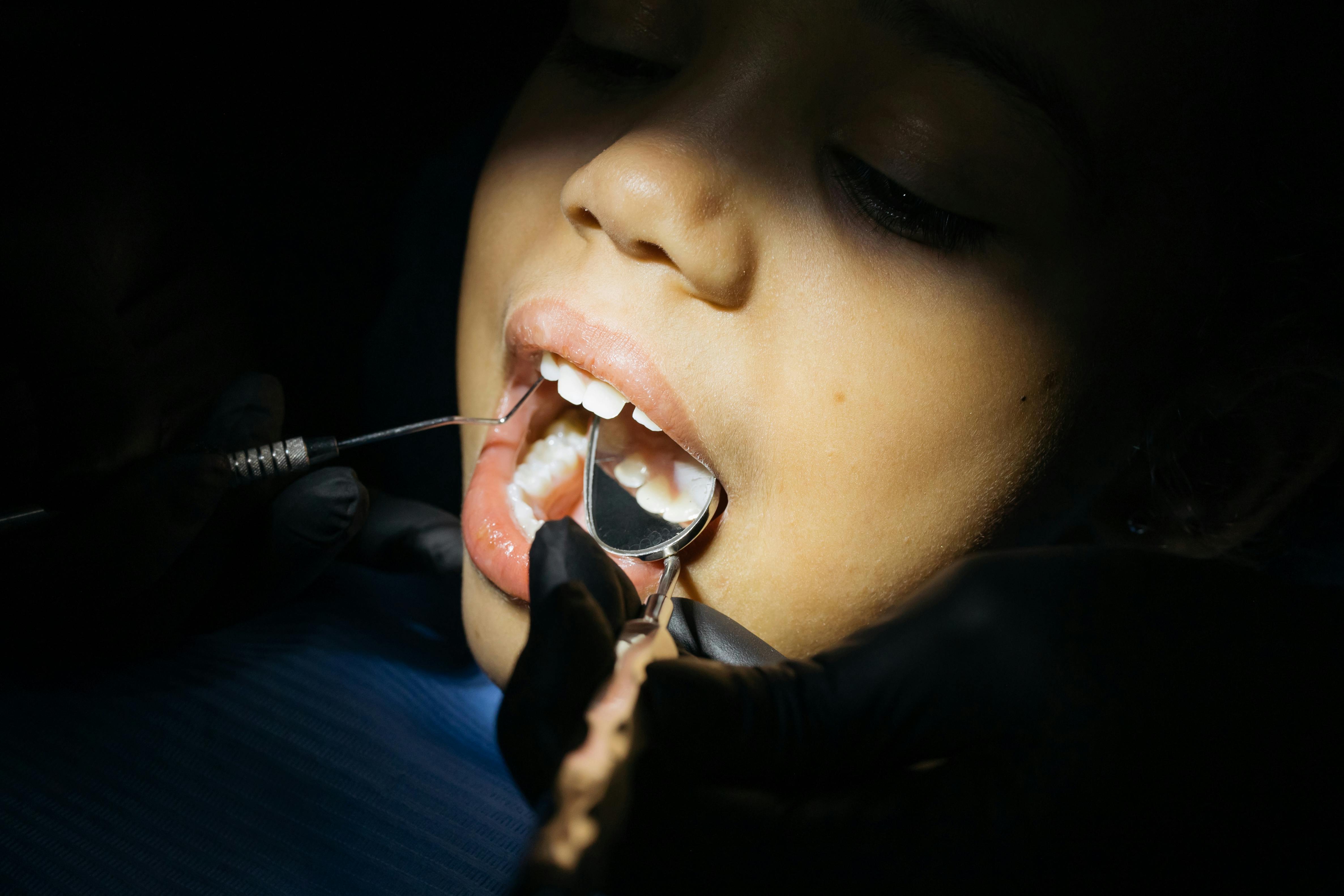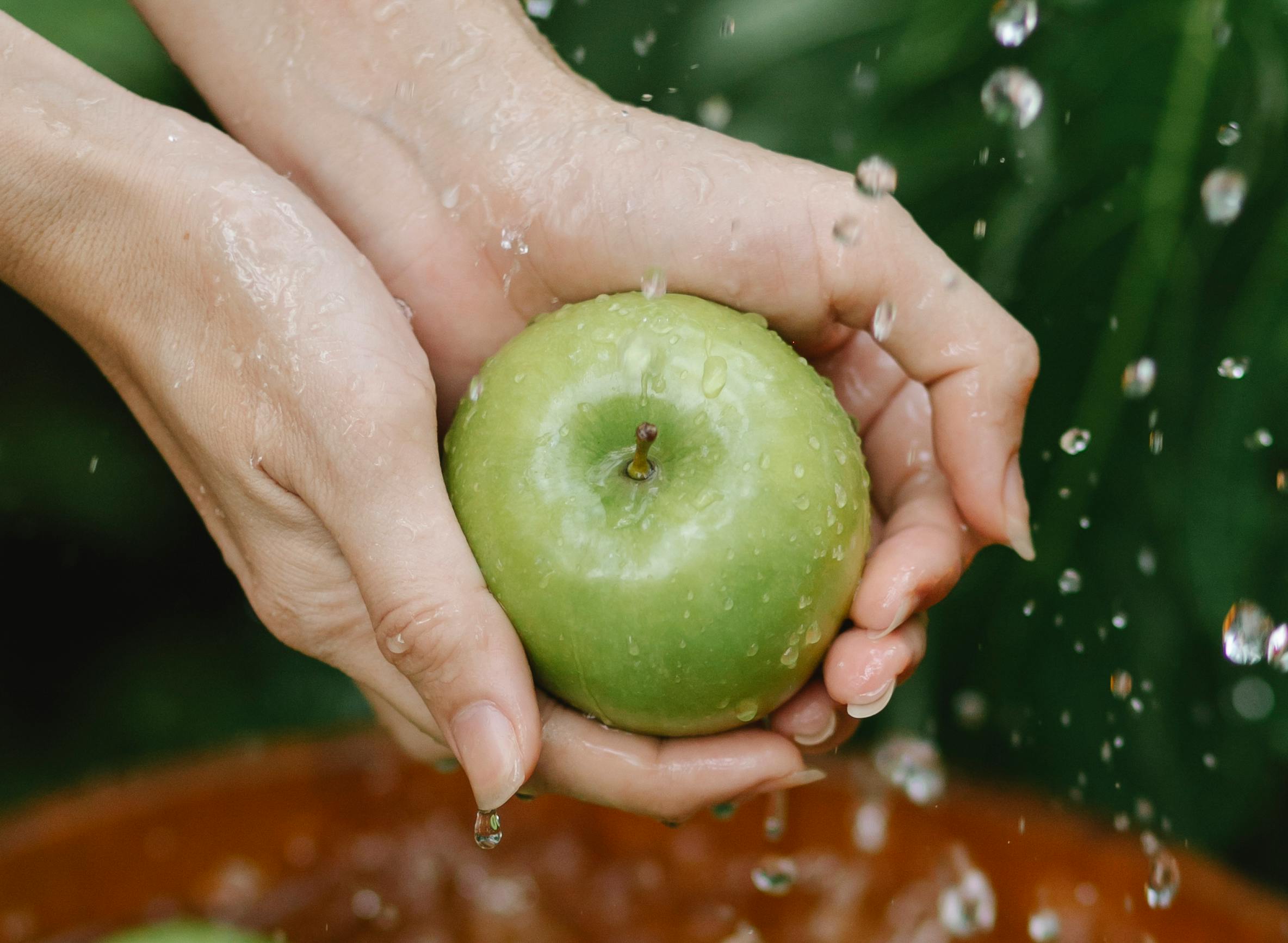Healthy Habits That Unknowingly Raise Blood Pressure
43. Aggressive Dental Work or Grinding Stress

The physical and psychological stress associated with major dental procedures (like extractions or root canals) can temporarily, but significantly, spike blood pressure due to pain, anxiety, and the use of local anesthetics (which often contain vasoconstrictors like epinephrine). Furthermore, the habit of chronically clenching or grinding teeth (bruxism), a stress response, creates sustained tension in the jaw and neck muscles, contributing to overall physical stress and sympathetic nervous system activation, which can elevate resting BP over time. Smart Tip: Discuss anxiety and pain management with your dentist; use a mouthguard for bruxism.
44. Over-Rinsing or Over-Restricting Potassium

While balancing sodium and potassium is key, an aggressive pursuit of low-sodium living that involves over-rinsing and restricting otherwise healthy foods (like canned beans, which are high in potassium) can be counterproductive. When sodium is too low, the body's pressure-regulating system (RAAS) can over-activate. Furthermore, if you simultaneously restrict potassium (the primary sodium balancer), you create a perfect storm of electrolyte instability, making blood pressure much harder to regulate and potentially causing dips or spikes. Smart Tip: Ensure robust potassium intake to naturally balance necessary sodium.
